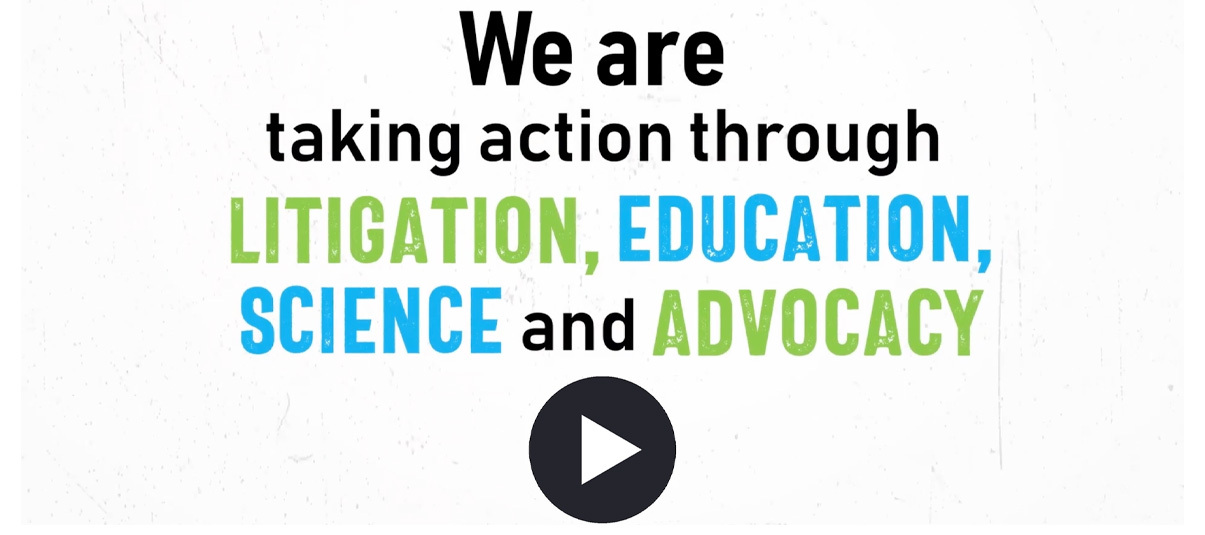Late Bedtime Linked to Higher Rates of Depression and Anxiety
Late Bedtime Linked to Higher Rates of Depression and Anxiety, Large-Scale Study Finds
A Stanford Medicine study reveals surprising risks of staying up until the early morning hours.
You relish those late nights, burning the midnight oil as a badge of honor. But that exhilarating lifestyle of staying up into the wee hours may be silently sabotaging your mental health.A large-scale new study from Stanford Medicine suggests that no matter your chronotype, late bedtimes significantly increase the risks of depression, anxiety, and other behavioral disorders.
The results were very unexpected, Jamie Zeitzer, senior author of the study and professor of psychiatry and behavioral sciences at Stanford, told The Epoch Times.
The Brain After Midnight
While the reasons early risers tend to have better mental health than night owls remain unclear, we know it’s related to the timing of sleep, Renske Lok, a postdoctoral scholar in psychiatry and behavioral health and the lead author of the Stanford Medicine study, told The Epoch Times.
One factor is that nocturnal activity often breeds impulsive and maladaptive behavior, she said. The brain operates differently during nighttime wakefulness, especially in areas such as risk assessment, behavioral inhibition, and cognitive control, she said.
The researchers initially expected that aligning your sleep schedule with your biological chronotype or sleep preference would benefit mental health the most. But their analysis of data from 73,888 adults, published in Psychiatry Research, showed that regardless of whether a person naturally prefers mornings or evenings, going to bed earlier is associated with better mental health outcomes. An early bedtime seems to override the effects of chronotype when it comes to mental well-being.
When people align with societal norms and more people are awake simultaneously, it can promote better mental well-being, Ms. Lok noted. Night owls, however, may experience poorer mental health due to misalignment with common sleep patterns, she said. They’re often expected to wake up early for work despite insufficient sleep, leading to grogginess, reduced performance, and adverse mental health outcomes.
A 2022 review in Frontiers in Network Physiology explores the “Mind after Midnight” hypothesis, finding that significant late-night wakefulness leads to behavioral and cognitive dysregulation, resulting in people seeing the world negatively and engaging in risky behaviors. It discusses how day-night cycle disruptions can result in maladaptive behaviors such as substance abuse, violent crime, and suicide.
The review also examines differences in executive functioning, reward processing, and mood during nocturnal wakefulness, proposing that prefrontal disinhibition, altered reward processing, and attentional biases contribute to psychiatric disorders and behavioral issues.
For improved mental health, the Stanford study recommends hitting the hay before 1 a.m. However, achieving an early bedtime can be easier said than done.
Read the full article including sleep cycles, avoiding late-night pitfalls and tips for night owls!
*************************************************************************************************************************

